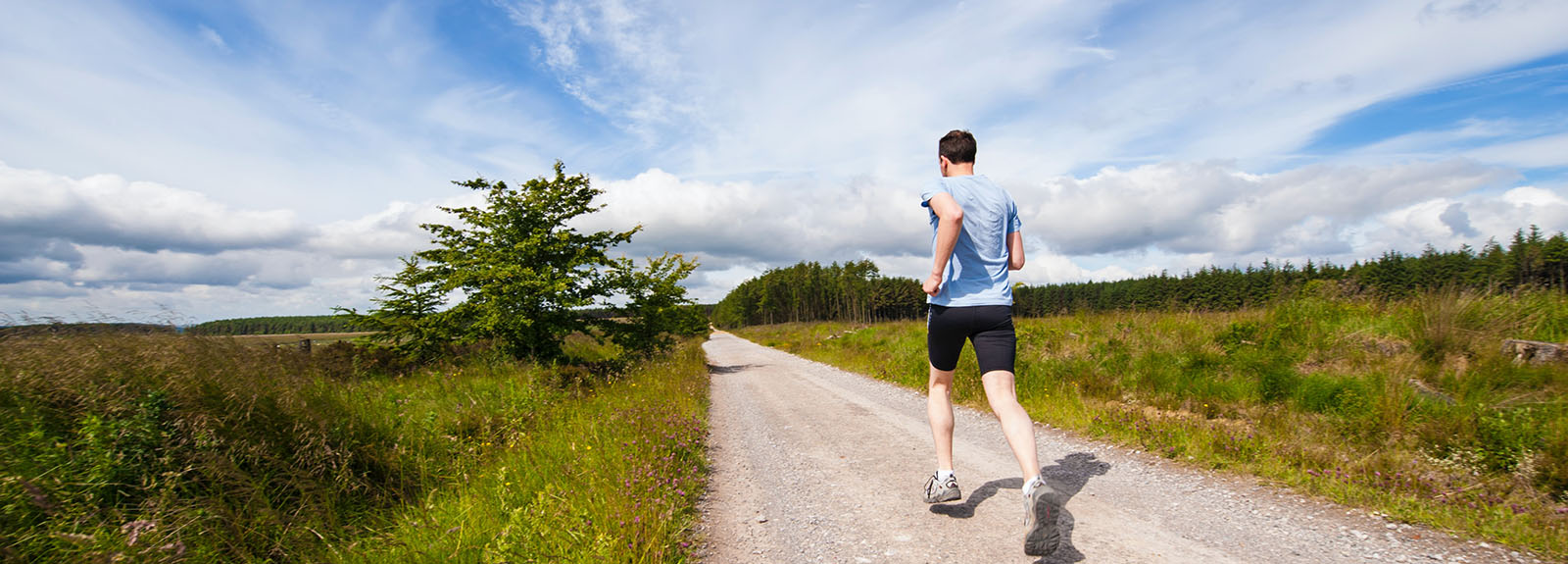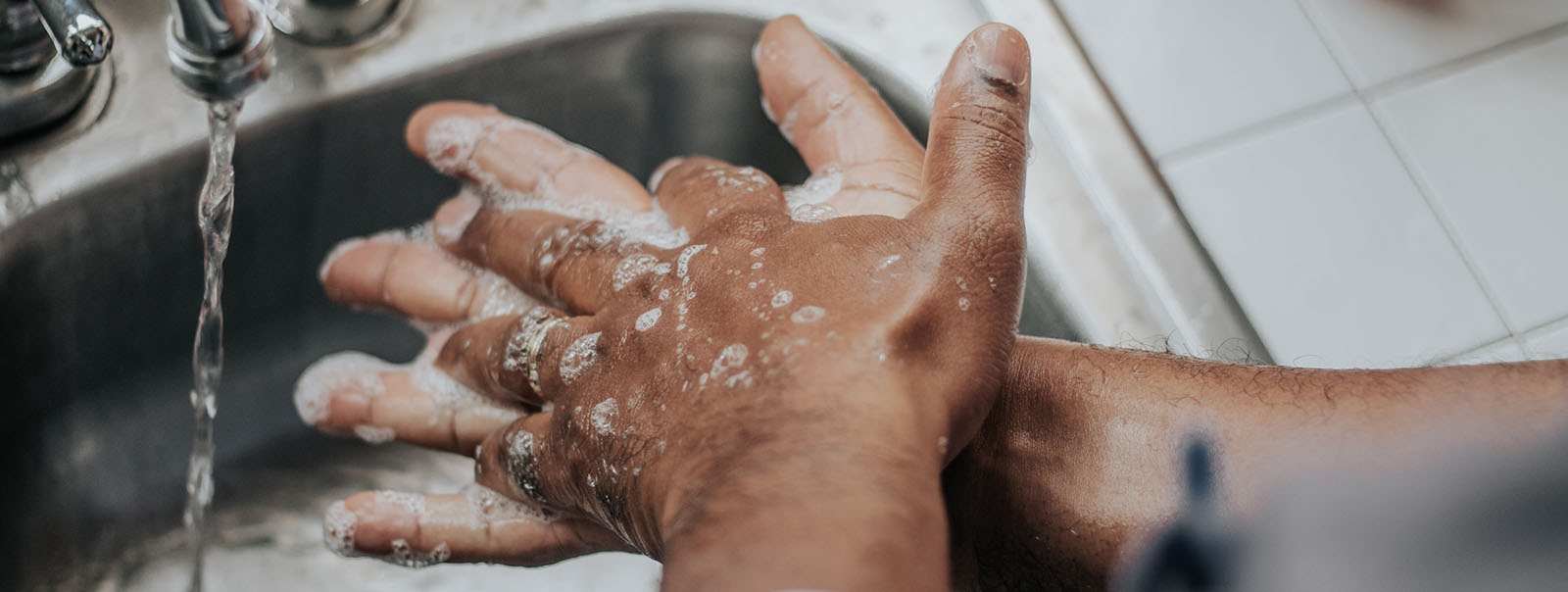- Can Animals Catch and Spread Coronavirus?
- Queen's University launches Covid-19 Research Roundtable video series
- Queen’s rising to the COVID-19 challenge: The importance of simulation in healthcare
- How much of the coronavirus does it take to make you sick? The science, explained by Dr Connor Bamford
- TEDxQueensUniversityBelfast: Adapt and Change
- Prepare to sleep and sleep to be prepared.
- Supporting Children in Isolation
- Supporting Pets During Lockdown
- Immunology and COVID-19: Shaping a better world podcast
- Global trading: the good, the bad and the essential
- Global food supply chains in times of pandemic
- The impact of lockdown on isolation and loneliness
- Cancer Care in the Era of COVID-19
- ‘Giant’ of astronomy to host live school lessons
- How the pandemic is further alienating the disabled community
- COVID-19 and Older People: Shaping a better world podcast
- Engaging your child to learn during lockdown
- Stay well: Our expert guide to wellbeing during lockdown
- Working parents are feeling the strain of lockdown
- How is coronavirus affecting animals?
- The Coronavirus Act: Where it Falls Short
- Economic rebirth after COVID-19
- Coronavirus and the new appreciation of teachers
- ‘Make room for fun’: home-schooling for parents
- Why a collaborative research culture is needed to address the COVID-19 challenge
- COVID-19: Don’t bank on a rapid economic recovery
- Explained: the importance of behavioural responses when implementing a lockdown
- COVID-19: Curbing a loneliness epidemic
- How soap kills the COVID-19 virus
- An expert’s guide to working from home
- How to exercise safely during a pandemic
- Five tricks your mind might play on you during the COVID-19 crisis
How to exercise safely during a pandemic
Dr Grace C Roberts is a Postdoctoral Research Fellow at the Wellcome-Wolfson Institute for Experimental Medicine. As a Molecular Virologist and a running coach, Dr Roberts provides some advice on the safest ways to stay fit during a pandemic.
How important is exercise during a pandemic?
Exercise is great for physical fitness and countless studies have also shown the benefits it can have on mental health too. I would encourage people (not ‘at risk’ groups) to follow government guidance and go outside once a day as it can have a good effect on both our physical and mental well-being as long as we all take the necessary precautions to minimise the risk of infection.
It’s important to keep up your level of fitness so if you’re already in a running or cycling routine, keep going with it. If this was something you didn’t previously do, why not go for a walk or try something new like Couch to 5k.
There’s also lots we can do inside too. There are lots of free fitness videos online, with many gyms also posting a lot of at-home workout routines too.
In terms of infection and health, some studies have shown that leading an active life can improve your immune system’s ability to combat both viral and bacterial infections, and this is maintained into old age so leading a healthy life with a balanced diet and regular exercise helps you to combat all types of infections in the long term.[1] [2]
That said, increasing your fitness levels won’t do much to combat any illness straight away. Being fit and healthy is always a good thing but taking up running today won’t have an immediate effect on boosting your immunity as it takes longer to build it up.

What precautions do I need to take?
Current government guidelines allow us to exercise outdoors once a day. It’s really important that we all adhere to this to combat the spread of the virus. Going outside is good for the mind, but there are a few things to keep in mind:
- try to avoid crowded areas
- keep 2m apart from others
- do not travel for exercise – start from your front door
- do not take risks – you don’t want to burden the NHS. It’s important to avoid busy roads or risky forms of exercise
- If you are in an ‘at risk group’ it is best to follow NHS advice and exercise inside or in your own garden
- Remember when outside to minimise touching surfaces (e.g. road crossing buttons) and if you do use these surfaces, do not touch your face until you have washed your hands. One strategy is using your left hand to press buttons at a crossing and your right hand to adjust your hair/glasses/etc, then wash your hands thoroughly as soon as you get home.
What are the main risks of exercising outside? And what can we do to mitigate these risks?
The main risks in terms of infection would be going near an infected person – if they sneeze or cough, virus particles will be in the air and you may inhale them. This is why avoiding busy areas and remaining 2m apart is so important. We don’t know who is or isn’t infected so just treat every person (including yourself) as potentially infectious.
Even more importantly, care should be taken with surfaces such as handles, gates and road crossings. People may have coughed or sneezed into their hand then touching these surfaces. If you touch these, you may pick up the virus, then touch your face – which results in you getting infected. This is how the majority of infections occur and people do not realise they are doing it. Partly as we associate these things (e.g. road crossings etc.) as being ‘every-day’ and therefore don’t associate it with risk, and because we tough our faces all the time and don’t realise it. Early studies have shown that SARS-CoV-2 (Covid19) can last for as long as 48 h on plastic surfaces and up to 24 h on some metals.[3] Avoid touching these surfaces, avoid touching your face, and wash your hands regularly (including as soon as you get home) can help to reduce these risks.
Another risk is causing yourself an injury which means you need to go to hospital where there are a lot of infected people, and the health service is already really busy treating them. Do your best to not do any risky sports or unnecessarily increase your risk (e.g. cyclists going on busier roads) so that you avoid a hospital trip.

Should I stay indoors?
If you live in a densely populated area, it can be difficult to keep the recommended distance and the government have stated that unnecessary travel should not be undertaken. If in doubt, take advantage of the multiple online resources and exercise at home.
If everyone went out once a day either alone or with people they already live with, and they do not come into contact with anyone else, wash their hands as soon as they return, then this should not contribute to the spread of disease. If everyone adheres to the government measures, infection rates would be greatly reduced and countless deaths prevented.
Final thoughts
A big thing is not to panic, stay calm and continue best you can under the new rules.
We know that people are able to spread the virus before the onset of symptoms, meaning that many people may be infected and spreading the virus without even knowing it. It is therefore best to act as if you, and everyone around you is potentially infectious. This reminds us to act responsibly – think about what things you are touching and remember to wash your hands regularly.
Notes
[1] https://pubmed.ncbi.nlm.nih.gov/10647528/
[2] https://www.ncbi.nlm.nih.gov/pmc/articles/PMC5911985/
[3] https://www.nejm.org/doi/pdf/10.1056/NEJMc2004973?fbclid=IwAR2nBtZ_Y-FhuAEAhLrNMdCLr66YHegLlvQGBTHOXtzo2GkqU6Waky4ZjEM